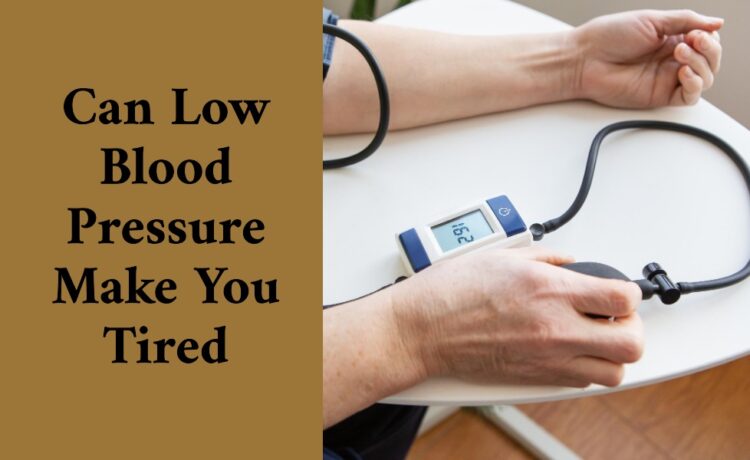Low blood pressure, known medically as hypotension, has been associated with various symptoms, including dizziness, fainting, and fatigue. But can it truly make you feel tired? This article delves deep into the link between low blood pressure and fatigue.
Understanding Blood Pressure Metrics
Before exploring the connection, it’s essential to understand blood pressure readings. Blood pressure is presented as two numbers: systolic (top number) over diastolic (bottom number). A reading below 90/60 mm Hg is typically considered low, though what’s ‘low’ can vary from one person to the next.
Why Blood Pressure is Critical
Blood pressure is the force exerted by circulating blood on the walls of blood vessels. It ensures that oxygenated blood, carrying vital nutrients, reaches every cell in the body. When blood pressure is too low, organs and tissues might not get enough oxygen and nutrients, which can result in fatigue.
The Link Between Low Blood Pressure and Tiredness
1. Reduced Oxygen Supply: As mentioned, low blood pressure might hinder the delivery of oxygen-rich blood to organs and tissues, including muscles and the brain. Less oxygen can result in feelings of fatigue and sluggishness.
2. Diminished Cardiac Output: Low blood pressure can also mean the heart isn’t pumping efficiently. This reduced cardiac output can lead to tiredness.
3. Activation of Protective Mechanisms: When blood pressure drops, the body activates various protective mechanisms to maintain adequate blood flow to vital organs. These processes can divert energy and resources, leading to feelings of fatigue.
Common Causes of Low Blood Pressure Leading to Fatigue
- Postural hypotension: A sudden drop in blood pressure when standing up.
- Neurally mediated hypotension: A drop in blood pressure after prolonged standing or due to unpleasant sights or experiences.
- Medications: Some medicines, like diuretics or certain antihypertensives, can cause low blood pressure and fatigue.
- Other conditions: Conditions like heart problems, endocrine disorders, or dehydration can lead to low blood pressure and fatigue.
Managing Low Blood Pressure and Fatigue
If you suspect your fatigue is linked to low blood pressure:
- Stay Hydrated: Drink ample water to maintain blood volume.
- Eat Small, Frequent Meals: Large meals can divert blood to the digestive system, exacerbating low blood pressure.
- Rise Slowly: When getting up from sitting or lying down, do so gradually.
- Review Medications: Discuss with your doctor if any medication could be causing your symptoms.
- Wear Compression Stockings: These can prevent blood from pooling in your legs.
FAQs about Low Blood Pressure and Fatigue
- Is fatigue the only symptom of low blood pressure? No, symptoms can include dizziness, blurred vision, nausea, and fainting.
- How can I measure my blood pressure at home? Invest in a digital blood pressure monitor. Ensure it’s calibrated correctly and follow the instructions provided.
- Is low blood pressure as concerning as high blood pressure? While much emphasis is placed on the dangers of hypertension (high blood pressure), hypotension also poses risks, especially if symptoms like dizziness lead to falls.
- Can I self-treat persistent fatigue due to low blood pressure? While lifestyle changes can help, always consult with a healthcare provider to address underlying causes.
- Does coffee help in raising blood pressure? Caffeine can cause a short, but sudden increase in blood pressure. However, relying on it isn’t a long-term solution.
Conclusion
Low blood pressure can indeed be a culprit behind unexplained tiredness. It’s crucial to monitor symptoms, consult with healthcare providers, and make informed decisions to manage both blood pressure and associated fatigue.













